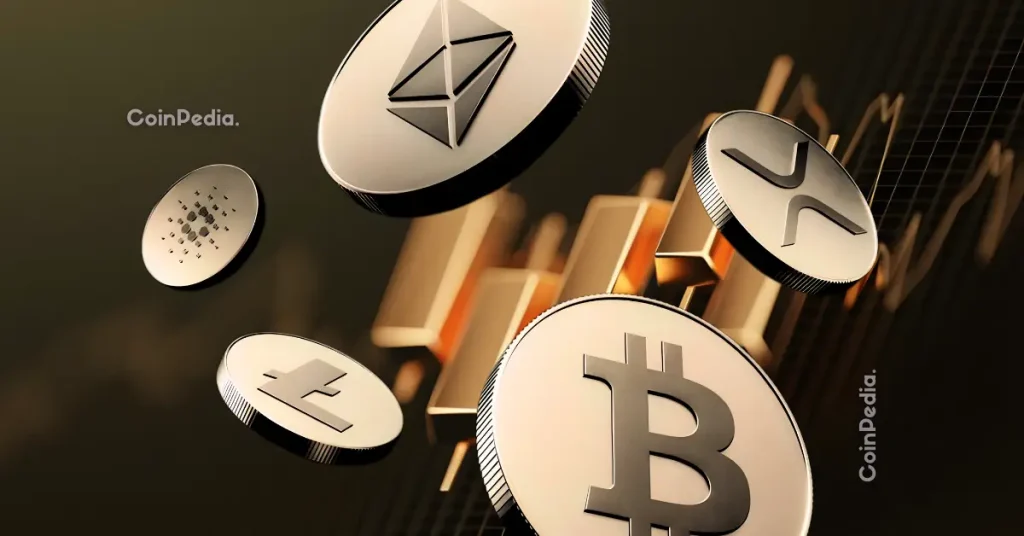Citigroup has unveiled a major expansion of its blockchain-based platform, Citi® Token Services, announcing an industry-first integration with its 24/7 USD Clearing solution to enable near-instant cross-border payments and liquidity management for institutional clients.
The integration, which Citi disclosed in a press release, promises to expand the bank’s ability to provide payments around the clock across its global network.
With over 250 banking partners in more than 40 markets already utilizing the bank’s clearing system, the addition of tokenized settlement capabilities aims to reduce friction in transferring money.
Citi integrates blockchain into its global clearing infrastructure
Citi Token Services is using a private, permissioned blockchain to facilitate tokenized cash and trade finance solutions within Citi’s ecosystem. By embedding this into its established 24/7 USD Clearing infrastructure, Citi seeks to bridge traditional payments with blockchain-enabled efficiency.
“This integration allows corporates and financial institutions to move millions of dollars in a matter of seconds,” said Debopama Sen, Citi’s Head of Payments, in the release. “Global commerce doesn’t take weekends off and neither should payments.”
The solution addresses a long-standing challenge for treasurers and banks, which is how to manage liquidity across multiple geographies without tying up capital or waiting for business-hour cut-offs.
Banks push for continuous liquidity
Increased liquidity and instant settlements are some of the major appeals of Citi’s integrated system.
According to Stephen Randall, Citi’s Global Head of Liquidity Management Services, the initiative would allow treasurers to exercise “unprecedented control and flexibility” while minimizing the technical and risk management hurdles associated with other real-time settlement systems.
For banks and corporates that operate across multiple time zones, this may reduce the need for redundant cash buffers. “Our clients demand financial solutions that operate at the speed of their business,” Randall noted. “This significantly reduces friction in payments and liquidity.”
According to Citi, the service will initially be available for clients with accounts in the US and UK, with plans to extend to other jurisdictions. The company has already processed billions of dollars using Citi Token Services in the US, UK, Singapore, and Hong Kong since its rollout last year.
The rise of digital dollars and the market impact
The integration is likely to have a far-reaching impact on the global payments infrastructure scene. SWIFT, the dominant interbank messaging system, has long been criticized for its reliance on business-hour cut-offs as well as its relatively slow settlement times. It is now working on a new blockchain messaging system, as reported by Cryptopolitan.
Citi’s blockchain-enabled solution won’t have these constraints, as it offers near-instant settlement across multiple banks, a development that could reduce reliance on SWIFT for certain high-value flows.
It also intensifies competition among global banks in the race to define the future of digital dollars. In June, JPMorgan, through its blockchain arm Kinexys, announced a pilot for JPMD, a permissioned USD deposit token issued on Base, which is an Ethereum Layer 2 network built by Coinbase.
This allowed JPMorgan to leverage blockchain to provide its institutional clients with an exclusive service where they can send and receive money on-chain.
The pilot, which is presented as an alternative to stablecoins, will enable near-24/7 liquidity, near-real-time payments, and even the ability to pay interest on tokenized deposits.
Join Bybit now and claim a $50 bonus in minutes
















 English (US)
English (US)